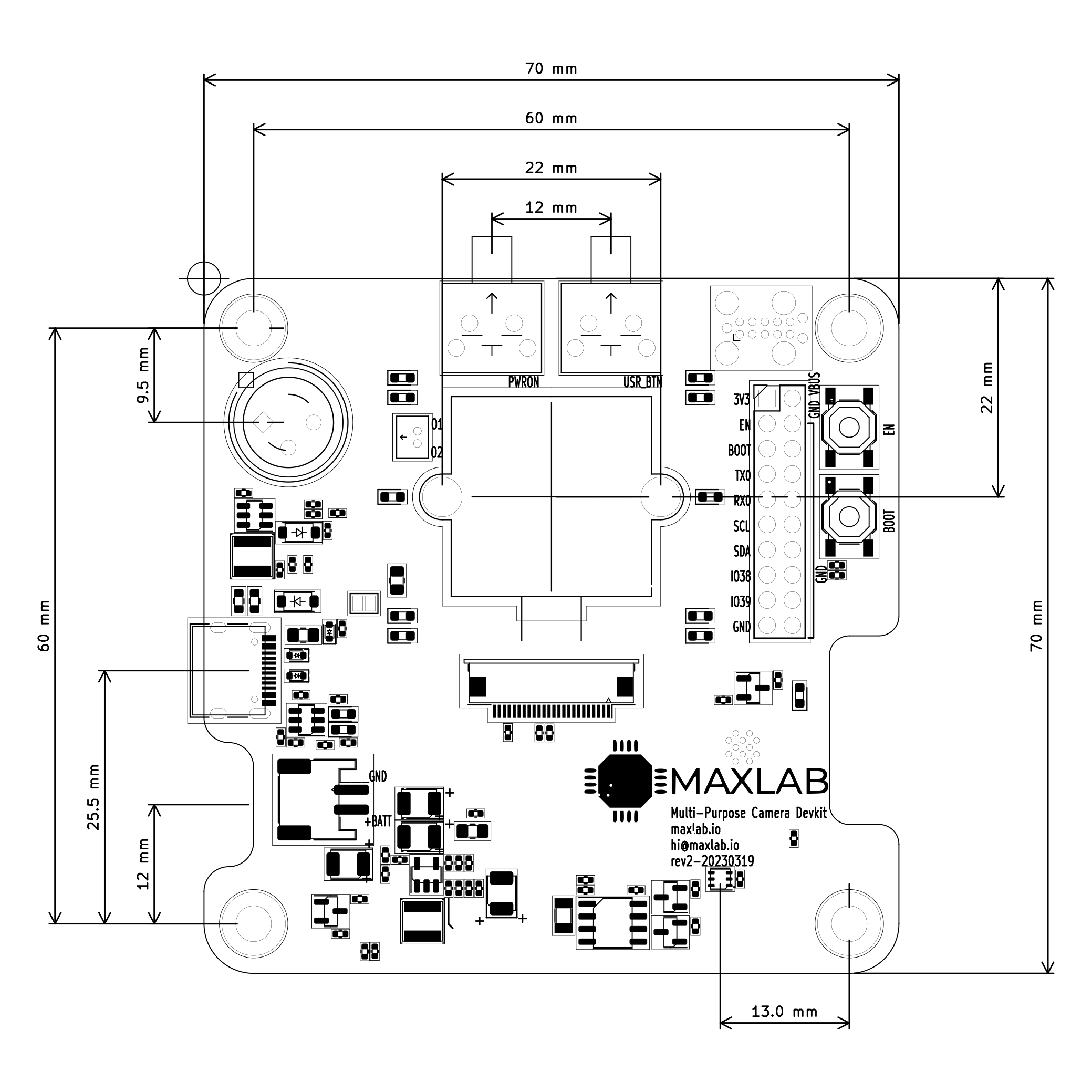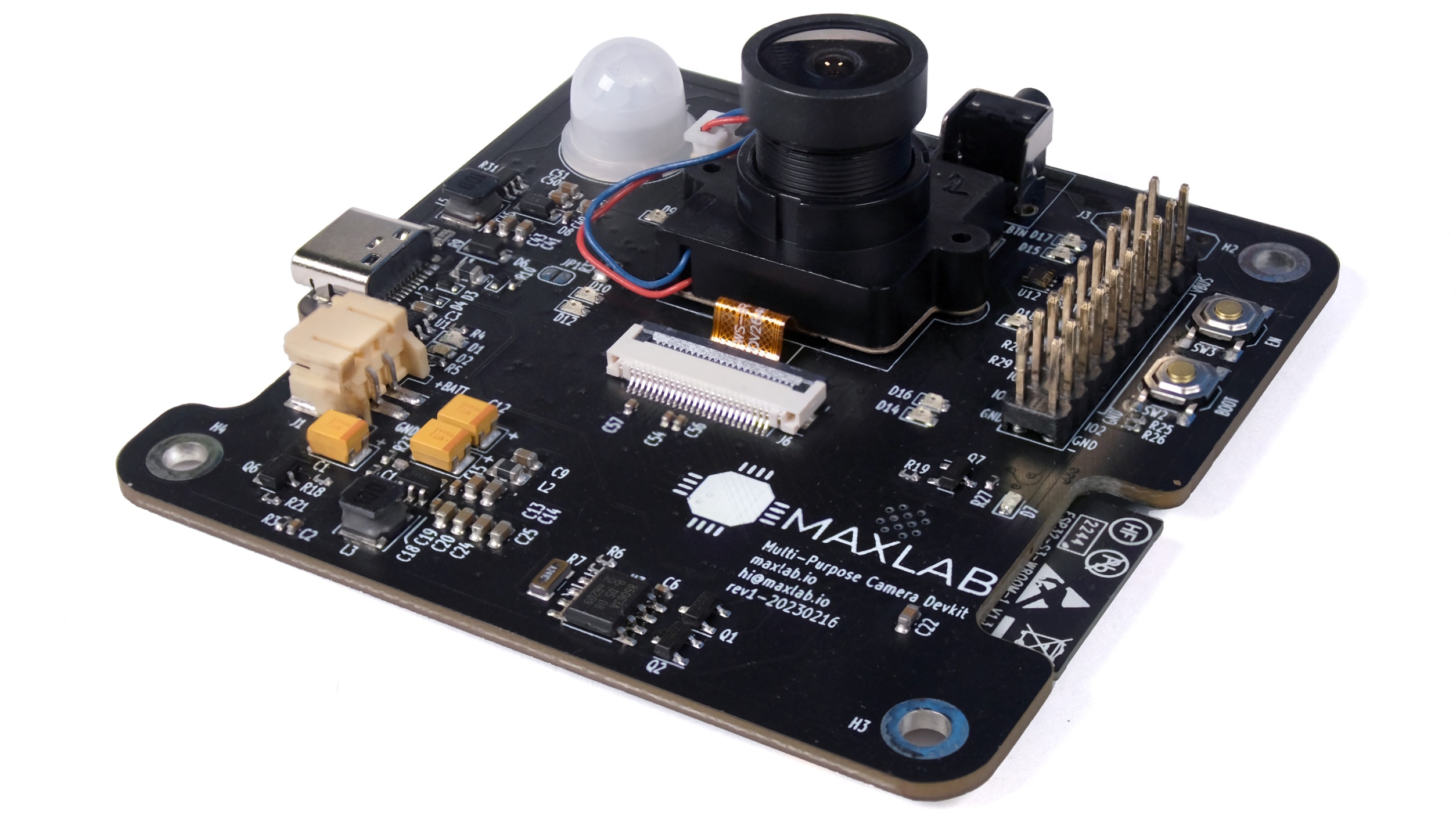Files
-
ai-camera-rev0 / ai-camera.kicad_pcb
-
ai-camera-rev0 / ai-camera.kicad_sch
-
ai-camera-rev1 / ai-camera.kicad_pcb
-
ai-camera-rev1 / ai-camera.kicad_sch
-
ai-camera-rev2 / ai-camera-rev2.kicad_pcb
-
ai-camera-rev2 / ai-camera-rev2.kicad_sch
-
ai-camera-rev3.1 / ai-camera-rev3.1.kicad_pcb
-
ai-camera-rev3.1 / ai-camera-rev3.1.kicad_sch
-
ai-camera-rev3.2 / ai-camera-rev3.2.kicad_pcb
-
ai-camera-rev3.2 / ai-camera-rev3.2.kicad_sch
-
ai-camera-rev3 / ai-camera-rev3.kicad_pcb
-
ai-camera-rev3 / ai-camera-rev3.kicad_sch
| Files | |
|---|---|
| ai-camera-rev0 | |
| ai-camera-rev1 | |
| ai-camera-rev2 | |
| ai-camera-rev3.1 | |
| ai-camera-rev3.2 | |
| ai-camera-rev3 | |
| .gitignore | |
| LICENSE.txt | |
| README.md |
README.md
Tokay Lite is the ESP32 camera development board ideal for low-power image processing applications on the edge.
Tokay Lite can be used as standalone devkit to aid developers with a convinient tool or be embedded in the bigger system to augument it with the vision and image processing data.
Tokay Lite Features
- ESP32-S3 chip compatible with TensorFlow Lite, enabling AI right in the device.
- OV2640 camera sensor delivering 15 fps @ 2MP.
- Ultra-low power design: programmable external RTC controls the entire power distribution, allowing the device to consume microamps during sleep.
- Motion detection with wake-up support.
- Nightvision mode with software-controlled IR filter to improve pictures during daytime.
- 10 IR LEDs to illuminate the scene.
- Ambient light sensor to intelligently select between day and night-time modes.
- Convenient 70mm x 70mm form factor.
- Embedded lithium battery charger and JST-PH battery connector.
PCB Dimensions
Tokay LITE is packed into 70x70mm with M3 mounting holes at each corner, as can be seen from a following drawing:

Firmware
The Tokay AI Camera is powered by the ESP-IDF framework.
Check the GitHub firmware repository for the source code or the camera documentation page for more information on how to build an flash the firmware.
KiCAD Dependencies
The Tokay PCB is made using KiML, the atomic components library from MAXLAB.
If you wish to modify the schematics or PCB you need to install KiML first. Proceed to the KiML installation guide for further information.
Ordering Samples
For information about ordering samples please proceed to MAXLAB Tokay Lite product page.
License
The project is licensed under the CERN Open Hardware Licence Version 2 - Permissive terms.
Business Inquiries or Questions
If you have the camera-related questions or inquiries, please drop us an email on hi@maxlab.io or send us a message trough the Contact Us form.









